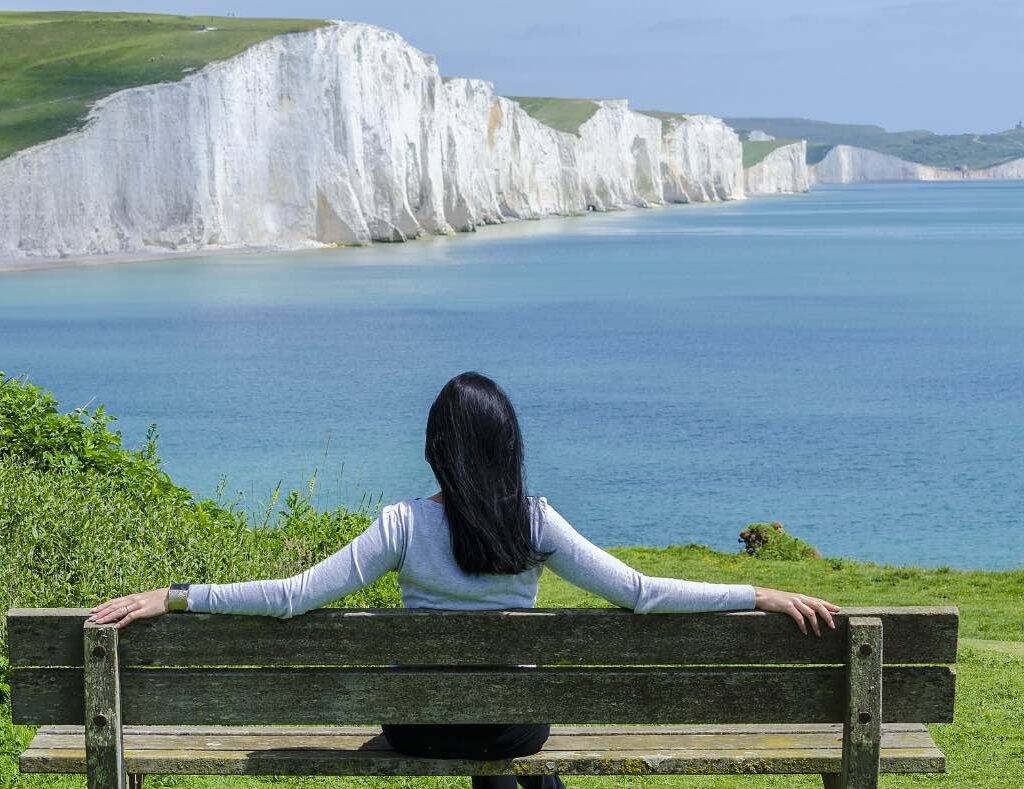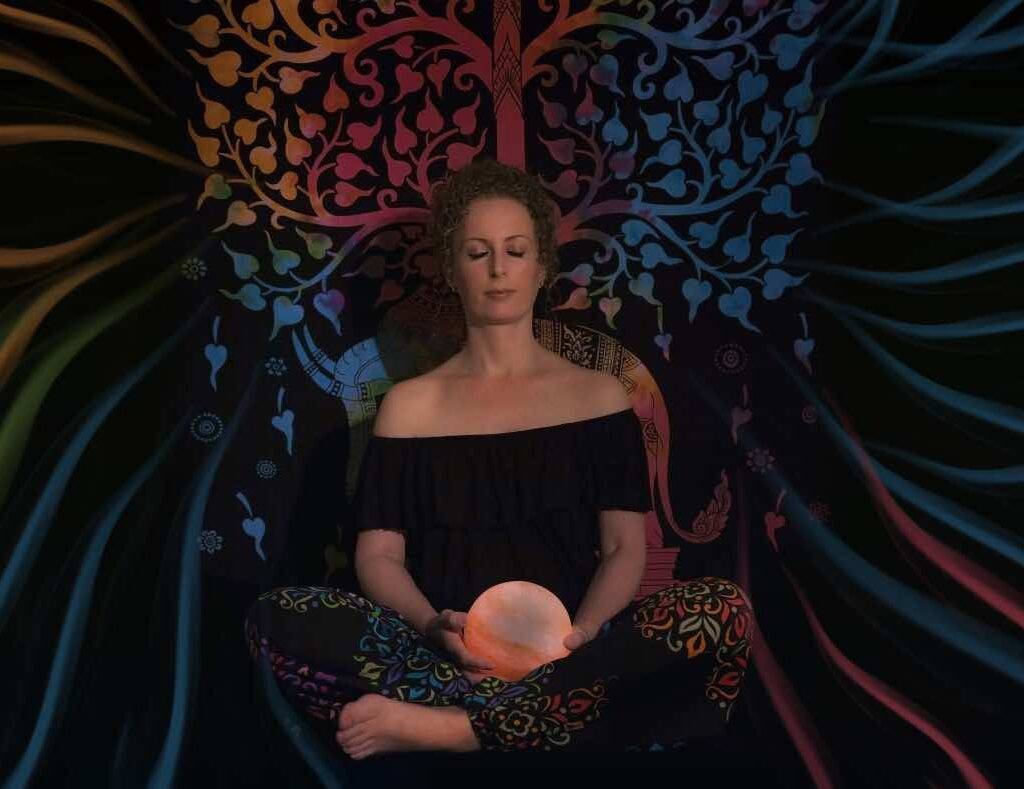Table of Contents
1. Introduction to spirituality and its importance in daily life

Spirituality is the search for meaning, purpose, and connection to something greater than oneself. This is an example of a reference to a particular religion or belief system, a sense of oneness with nature or the universe, or a focus on personal growth and inner transformation. Spirituality is a broad term that can apply to a wide range of practices, beliefs, and experiences.
Spirituality is essential to some people’s daily lives, influencing how they live, connect with others, and make decisions. Many believe that spirituality helps them feel more connected and grounded and can bring them serenity and contentment in an often chaotic environment. Others may find spirituality through meditation, yoga, or other more private or personal practices.
Spirituality can take many different forms. What is important and meaningful to one person may not be necessary or significant to another. Some people seek meaning through organized religion, while others seek it through more personal or individualistic behaviors. Some people regard spirituality as a method to connect with others and create community, while others see it as a way to nurture inner serenity and reduce isolation. Finally, spirituality is a personal journey that can take many shapes and be experienced in numerous ways.
2 Different spiritual traditions and practices around the world

There are many spiritual traditions and practices worldwide, and each has beliefs, rituals, and customs.
Hinduism, which began in India and is centered on the belief in a supreme entity known as Brahman and the concept of rebirth, is one example. Hindus worship different gods and do rituals like puja, which means prayer and devotion, and yoga, a set of physical and mental practices.
Buddhism, another Indian spiritual school, is founded on the Buddha’s teachings, which hold that suffering is an intrinsic part of existence and that the road to enlightenment, or the end of suffering, is via mindfulness and good behavior. Buddhists follow the Eightfold Path, which describes how to reach enlightenment and meditation and chanting mantras.
Islam is a monotheistic religion created in the seventh century by the prophet Muhammad. Muslims believe in one God, Allah, and follow the Qur’an’s teachings. They also follow Islam’s Five Pillars: prayer, giving to others, fasting, going on a pilgrimage to Mecca, and sharing their faith.
Christianity is another monotheistic religion. It is based on the teachings of Jesus Christ and the idea of the Holy Trinity. Christians follow the Ten Commandments and the lessons in the Bible. They also do things like pray and go to church.
There are also many indigenous spiritual traditions worldwide, such as animism (the belief that all natural objects and events have a spirit or soul) and shamanism (using spiritual rites and practices to communicate with the spirit world).
3. The role of spirituality in mental and emotional well-being

Spirituality can have a profound impact on one’s mental and emotional well-being. It can give people a sense of purpose, meaning, and connection to something bigger than themselves, which is good for their health and happiness. Spirituality can also help people deal with stress, losing a loved one, and other hard times by providing comfort and support.
Spirituality seems to be good for mental health because there are fewer cases of anxiety, depression, and drug abuse. According to some studies, more spiritually oriented people may have better mental health outcomes and a more remarkable ability to manage stress.
Spirituality can also provide a sense of community and social support, which can benefit one’s mental and emotional health. Spiritual activities and being part of a spiritual community can help people feel like they belong and are connected to others. This can be especially helpful for people who feel isolated or lonely.
It is important to remember that spirituality is a personal and subjective experience, and what is meaningful and helpful to one person may not be meaningful and valuable to another. People must find their own spiritual path and practices that suit them and their health. Spirituality is essential to a well-rounded approach to mental and emotional health. People who want to improve the overall quality of their lives should look into it.
4. How to incorporate spirituality into your daily routine

Spirituality can help you feel more calm, grateful, and connected to something bigger than yourself, among other things. Here are some ideas for incorporating spirituality into your regular activities:
Schedule daily mindfulness or meditation sessions. This could be as easy as taking a few deep breaths and concentrating on the here and now, or it might involve following a more structured meditation routine.
Practice gratitude by thinking about the things you have to be thankful for for a little while each day. This can be done by writing in a journal, praying, or just thinking about all the good things in your life.
Perform acts of kindness or service for others. This can be as simple as smiling at or complimenting a complete stranger or volunteering your time and resources to those in need.
Include readings from inspirational or spiritual sources in your everyday routine. This could be listening to a spiritual podcast, reading a piece from a sacred text, or participating in a religious ceremony.
Allow yourself to connect with the wonder and beauty of nature by spending time outside. You can do this by going on hikes, working in the garden, or just taking a stroll while being mindful of your surroundings.
You can develop a sense of spirituality and connection to something bigger than yourself by including some or all of these activities in your daily routine. This can help your life feel more peaceful and meaningful.
5. The relationship between spirituality and religion

Spirituality and religion are frequently intertwined, although they are not identical. Spirituality is an individual’s personal belief system and relationship with a higher power or the divine. It is a feeling that depends on the person and is often linked to a sense of inner calm and purpose. On the other hand, religion is a common set of structured beliefs, practices, and rituals among a community or group of people. It is frequently structured around sacred texts, teachings, and beliefs.
Religion is often a public and social thing, but spirituality is often a private and inner thing. Many people find meaning and purpose through involvement in a religious group, which can provide spiritual support, connection, and guidance. Some people find spiritual fulfillment in being part of a religious group. Others find it through meditation, yoga, or being in nature. Nonetheless, it’s important to note that you can be spiritual without being religious, and the same goes for the other way around.
Spirituality and religion cross and overlap in several ways and the link between the two is complex. Some people think that engagement in a religious group strengthens and deepens their spirituality, while others find that their spirituality is more personal and individualized. In the end, the relationship between spirituality and religion is personal, and each individual will find his or her own route to spiritual fulfillment.
6. The connection between spirituality and nature

Many cultures and traditions have recognized a deep relationship between spirituality and nature. Spirituality is frequently defined as a sense of connection to something higher than ourselves, and nature is frequently cited as a source of such connection.
The concept of interconnection is one way in which spirituality and nature are linked. Many spiritual traditions hold that everything in nature is interrelated and that we are all part of a larger whole. This idea can provide enormous consolation and inspiration by reminding us that we are not alone and are part of something bigger than ourselves.
Another manner in which spirituality and nature are linked is through the sense of awe and wonder. Many believe that spending time outdoors helps them feel awe and astonishment at the natural world’s beauty and intricacy. This can be a profoundly spiritual experience since it allows us to connect with the universe’s majesty and mystery.
Spirituality and nature are linked in many practical ways, in addition to these more abstract links. Many spiritual traditions emphasize living in harmony with nature, and many individuals find that spending time in nature helps them feel more grounded and centered. This connection to nature may be extremely restorative and nourishing to both the body and the psyche.
Overall, the relationship between spirituality and nature is strong and profound. Spirituality and nature can enrich our lives in many ways, whether we’re looking for a connection to something bigger than ourselves, trying to live in harmony with the natural world, or just looking for peace and inspiration in the beauty of nature.
7. Exploring different spiritual paths and finding what works for you

Exploring various spiritual paths may be a highly personal and fulfilling experience. It means learning about different beliefs and practices, thinking about them, and figuring out which ones fit with your own values and life experiences.
Exposing yourself to a range of spiritual traditions is one way to start this process. This could mean doing things like reading books, going to talks or workshops, or doing spiritual things like praying or meditating. Seeking advice from people who are knowledgeable about different spiritual paths, such as spiritual teachers or mentors, can also be beneficial.
As you look into something, it’s important to keep an open mind and be open to new ideas and points of view. It’s also important to know how you feel and how you react to different things and ways of thinking. Take note of what gives you a sense of tranquility, connection, or meaning.
Finally, the ideal spiritual route for you is one that aligns with your personal values and beliefs and allows you to connect with your sense of purpose and inner wisdom. Remember that your spiritual journey is unique to you, and what works for one person may not work for another. Trust your gut and stay open to the idea that you might find out what works best for you by trying things out.
It’s also crucial to remember that spiritual inquiry is a lifelong adventure, and what works for you now may not work for you later as you develop and progress. Be open to the idea that you might need to change or adjust your spiritual practices as you learn and grow.
Conclusion
In short, spirituality is the desire for meaning, purpose, and connection to something higher than oneself. It can take many different forms and be experienced in diverse ways, and there are many spiritual traditions and practices all throughout the world. Spirituality can improve mental and emotional health by giving people a sense of purpose, meaning, and connection, as well as a sense of community and social support. It can also help people manage stress and difficult circumstances. However, it is vital to realize that spirituality is a personal path, and what works for one person may not work for another. It is also critical to recognize and value the diversity of spiritual ideas and practices found around the world.

